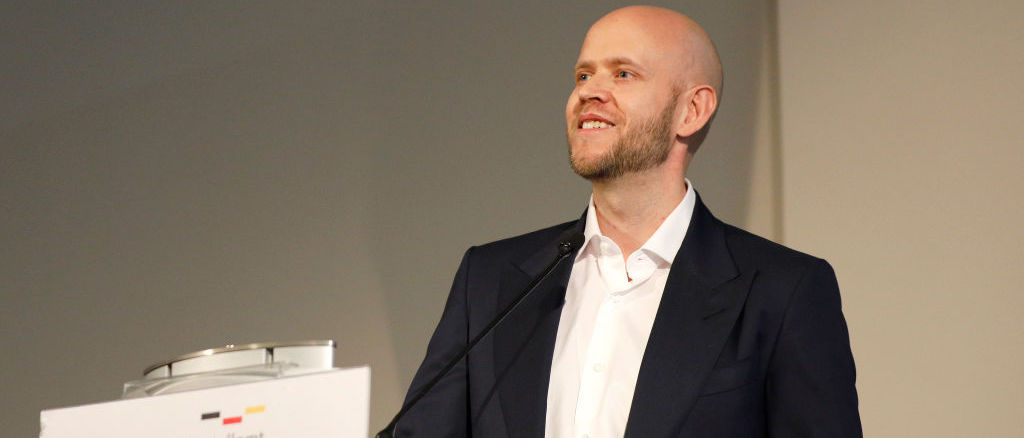
AI recreations of popular musicians’ voices have become a rising trend, with Drake and The Weeknd’s fake “Heart On My Sleeve” song being pulled from streaming platforms, Grimes saying she’s OK with it, and Liam Gallagher calling an Oasis AI album “mega.” Still, Spotify’s CEO, Daniel Ek, offered his thoughts on just what this means for the future of the music industry,
“On the positive side, this could be potentially huge for creativity,” Ek said on a conference call, according to Billboard. “That should lead to more music [which] we think is great culturally, but it also benefits Spotify because the more creators we have on our service the better it is and the more opportunity we have to grow engagement and revenue.”
Earlier this year, the streaming service announced an AI DJ aspect to the app, which develops song recommendations for users based on their listening history and features narration from an AI bot.
“I’m very familiar with the scary part… the complete generative stuff or even the so-called deep fakes that pretend to be someone they’re not,” Ek added during a recent episode of Spotify’s For The Record podcast. “I choose to look at the glass as more half-full than half-empty. I think if it’s done right, these AIs will be incorporated into almost every product suite to enable creativity to be available to many more people around the world.”
Currently, Universal Music Group and the National Music Publishers’ Association are some standing against AI, as the record label released a recent statement to the publication:
“The training of generative AI using our artists’ music (which represents both a breach of our agreements and a violation of copyright law) as well as the availability of infringing content created with generative AI on DSPs, begs the question as to which side of history all stakeholders in the music ecosystem want to be on: the side of artists, fans and human creative expression, or on the side of deep fakes, fraud and denying artists their due compensation. We’re encouraged by the engagement of our platform partners on these issues – as they recognize they need to be part of the solution.”

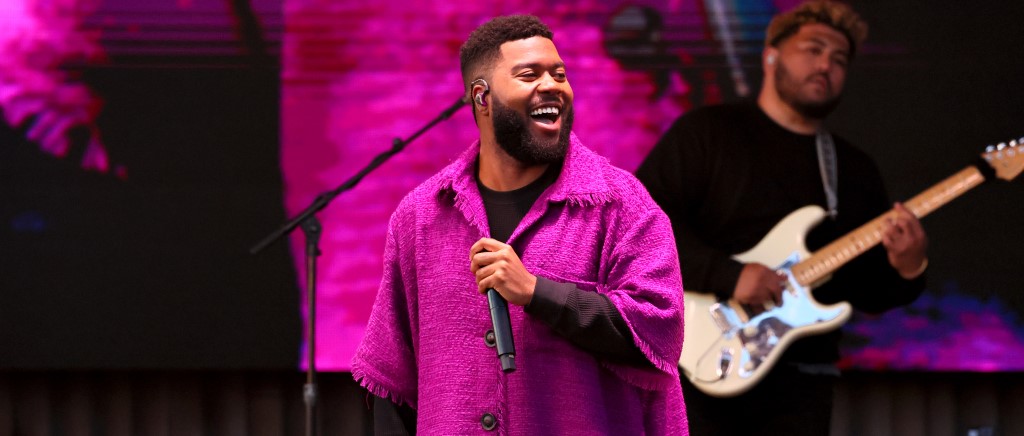

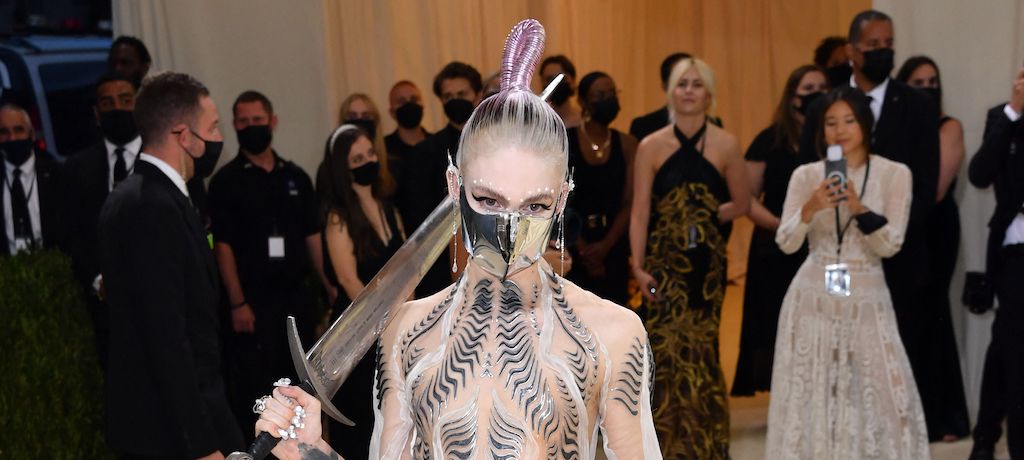

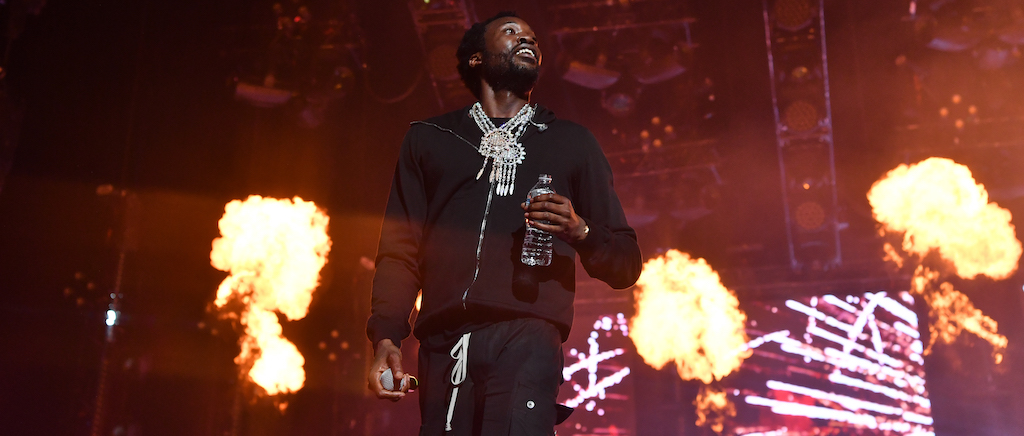

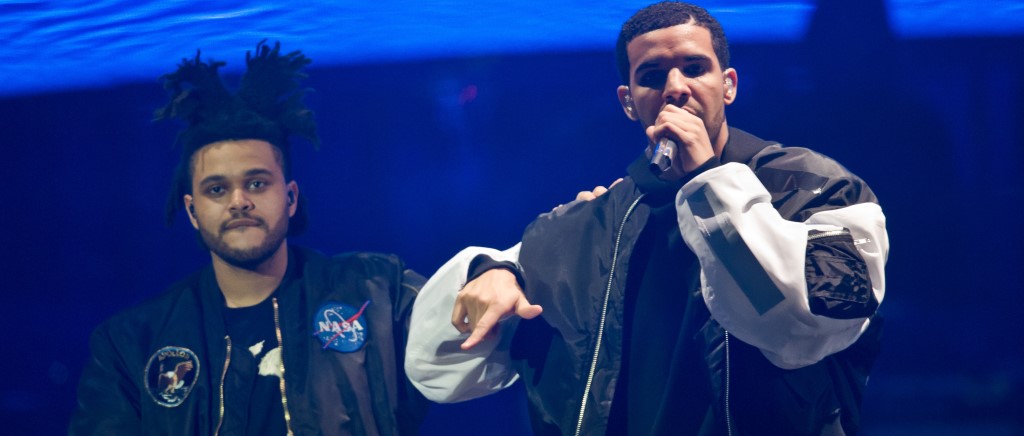

 (@_ShamGod)
(@_ShamGod) 
